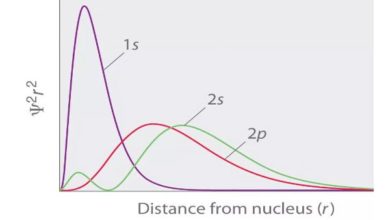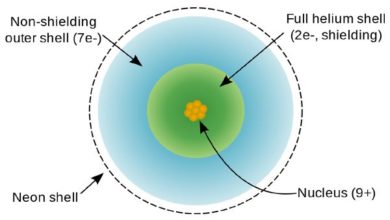Chemistry
Arrhenius Theory of Ionization
The main postulates of Arrhenius Theory of Ionization are:
[wp_ad_camp_1]
- Electrolytes contain electrically charged particles called ions.
- Electrolytes dissociate into the oppositely charged ions in water.
- The number of positive and negative charges on ions must be equal.
- Ionization is a reversible process in the solution contain ionized and un-ionized electrolytes molecules.
- The degree of the ionization depends upon the nature of electrolyte. Strong electrolyte (NaCl) ionize completely while the weak electrolytes (CH3COOH) ionize incompletely.
- On passing the electric current, cation moves towards cathode while anions move towards the anode.
- Dissociation of the electrolytes depends upon (i) Nature of electrolyte (ii) Degree of dilution (iii) Temperature.
- Electrical conductivity depends upon the (i) Number of Ions present in the solution (ii) Speed of ions.

